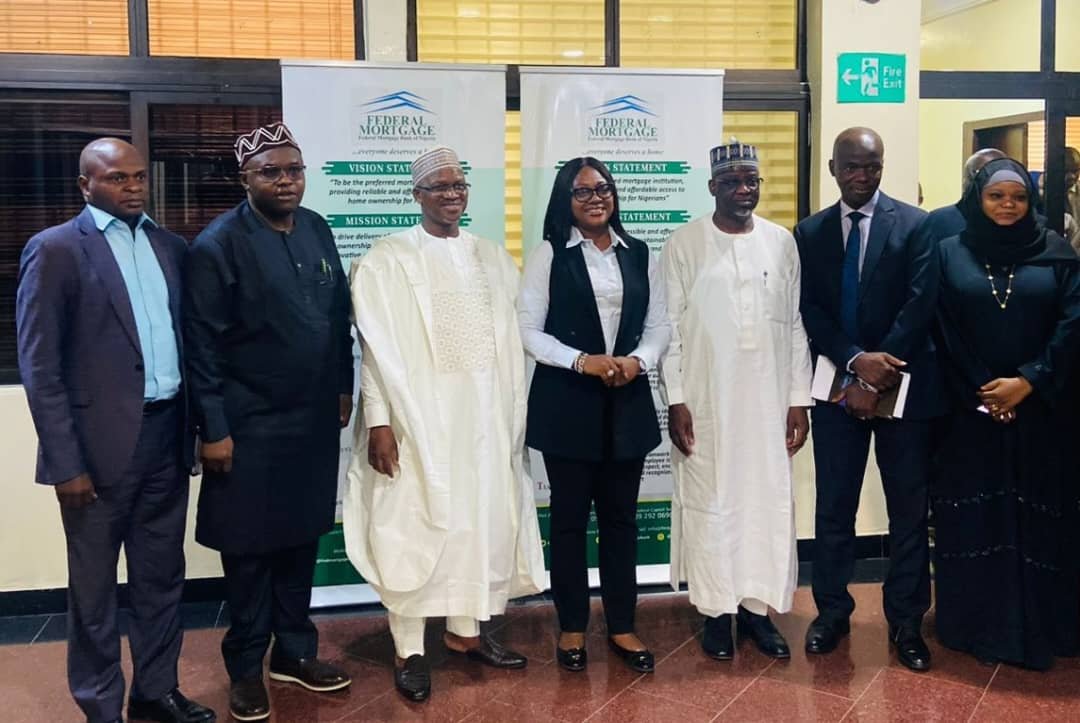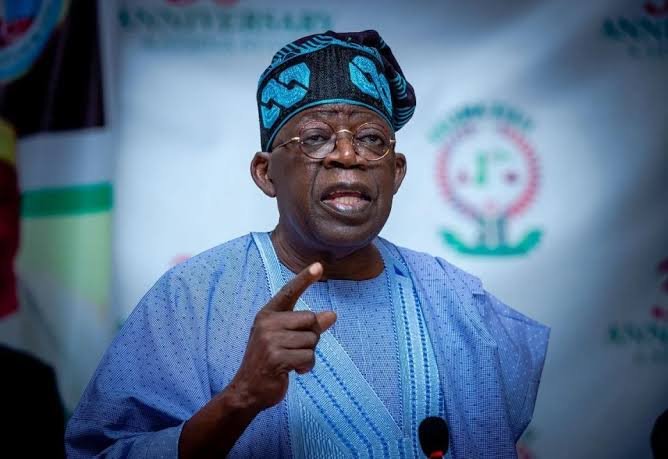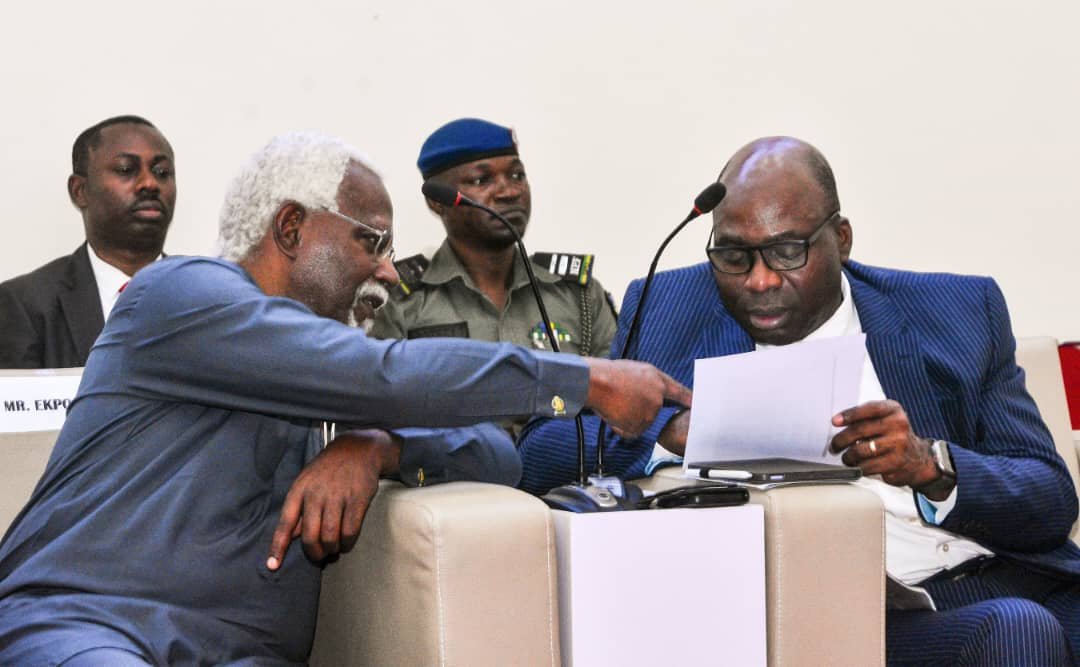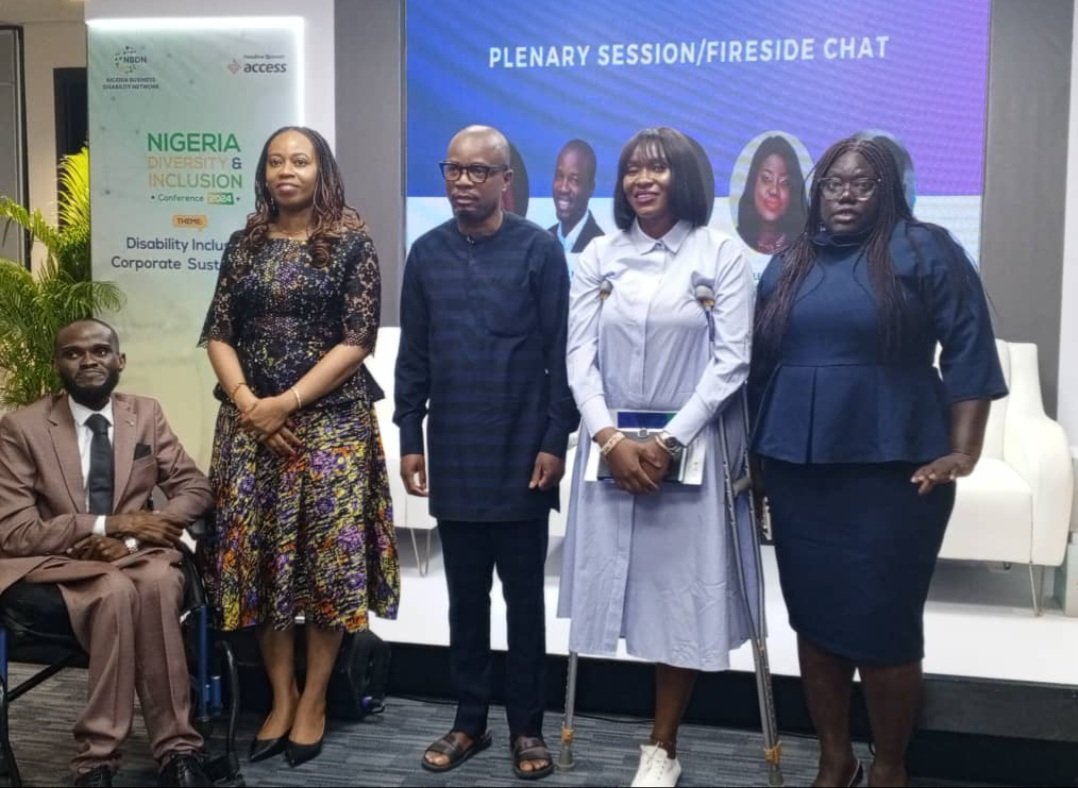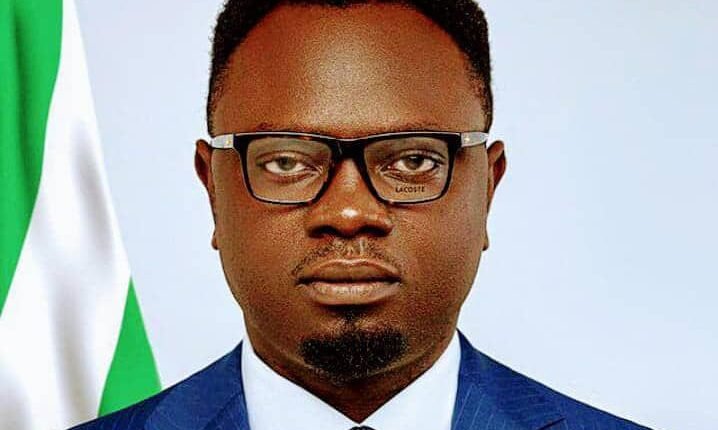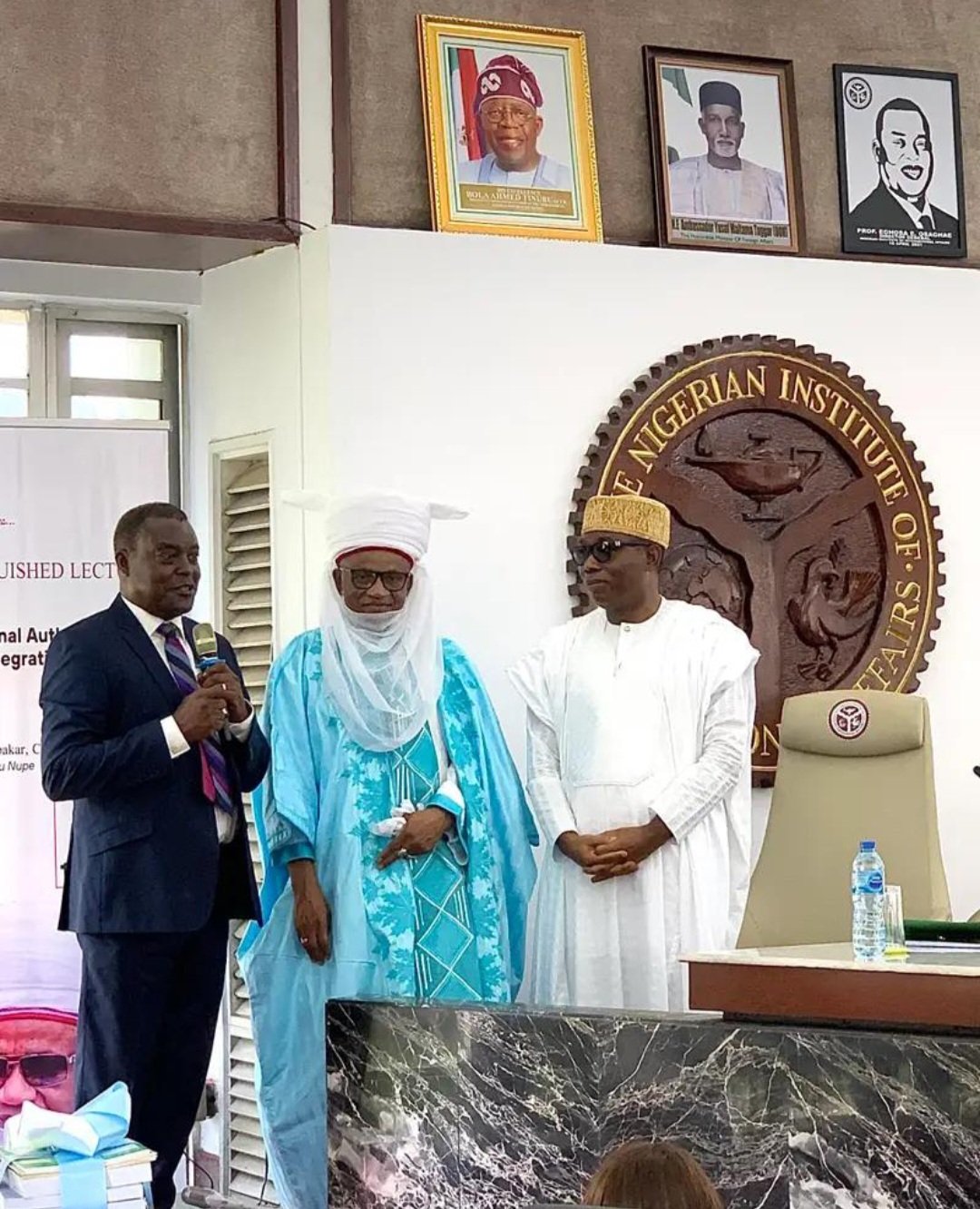316 total views today
By Leonard Okachie, News Agency of Nigeria (NAN)
At the foot of the destroyed bridge is a monument which reads: “We remember you who died at this bridge that we may live. Rest In Peace (24th Dec. 1969).”
The bridge is on the Achingalli-Udo-Na-Obizi-Umunwanwa-Ubakala road. It connects parts of Imo and Abia. It took a hit during the Nigeria civil war and for 55 years has been in ruins.
While the construction of second Niger Bridge has huge headlines over the decades, the hardship suffered by the commuters on the Achingalli-Udo-Na-Obizi-Umunwanwa-Ubakala road has gone unreported.
Therefore, no government has taken any practical step to restore the road and reconstruct the damaged bridge.
The closest the people of the area have used 21-kilometre road was in June 2020, when the Federal Executive Council of then President Muhammadu Buhari awarded contract of N11.540 billion for its reconstruction.
The contract included construction of 120 metres bridge close to the destroyed facility across the Imo River in Imo. Since, then nothing concrete has been done.
However, since the inception of the President BolaTinubu’s administration, so much work has been done at the site and the people of the area are excited at the prospects of using the road again.
They also look forward to the contribution that the road would make in their socio-economic lives.
Eze Azubuine Obizie, the traditional ruler of Obizi in Ezinihite Mbaise Local Government Area of Imo, expressed happiness over the level of work done so far.
“We are pleased that the job is going on; we owe much gratitude to the then Minister of Works, Mr Babatunde Fashola, who saw the need to give the road and the bridge back.
“We are only praying and urging the government to continue so that the dividend of that project will be realised,” he said.
Eze Obizie also expressed gratitude to Mr Amanze Uchegbulam, an indigene of Obizi for his efforts towards rehabilitating the road.
Obizie observed that he and his counterpart from the neighbouring Umunwanwa in Abia, had in 2017 wrote a letter to Fashola on the need to rebuild the road.
Also, Eze Stephen Ihuoma, the traditional ruler of Umunwanwa, in Umuahia South Local Government Area, Abia, thanked Tinubu for carrying on with the project that was initiated by Buhari-led administration.
He said a site visit by Minister of Works, Mr David Umahi, was an indication of the president’s desire to complete the project.
According to Ihuoma when completed the road will make travel from Umuahia to Owerri easier.
However, the traditional ruler expressed concern over the slow pace of work at the Umunwanwa axis, and urged the government to put more effort.
He said: “The tarred section in Umunwanwa is not up to half kilometre and my people are suffering it because from the spot where they stopped work to the bridge head is bad.
“Without the intervention of the communities about three years ago that road would have been a different thing all together.
“My people are united in ensuring that the project is completed but I am appealing to the Federal Government to let my people feel the tarred portion of the road”, he told NAN.
Meanwhile, Mr Dennis Orji the consultant for the project and a former Director, Federal Ministry of Works, said erosion at Umunwanwa posed a major challenge to the project.
He said that the Federal Ministry of Works was considering an augmentation to be able to tackle the challenge.
As for the completion period, he said that it was difficult to determine when the project would be completed considering various potential challenges, including weather.
The consultant said that Imo and Abia belong to the rainforest and as a result not much would be achieved starting from May because of heavy rain.
He affirmed that the bridge construction was still going saying “we at the piling stage and once the bridge is done we will focus on the road.”
“But there is a remarkable progress and the Federal Government is trying because the road is being funded through Skukuk.
“Of course, governance is a continuum and luckily they are of All Progressives Congress party.
“I think if there must be progress there must be continuity, otherwise there will be so many abandoned projects.”
Ongoing construction of a new bridge at Imo River
Also, Eze Stephen Ihuoma, the Traditional Ruler of Umunwanwa, in Umuahia South Local Government Area, Abia, thanked Tinubu for carrying on with the project that was initiated by Buhari-led administration.
He said that the visit to the project site by the Minister of Works, David Umahi, was a clear indication of the president’s interest to see that the road was completed.
According to Eze Ihuoma, the road when completed will make travel from Umuahia to Owerri very simple and will ease trade between Imo and Abia.
However, the traditional ruler expressed concern over the slow pace of work at the Umunwanwa axis, and urged the government to put more effort.
He said: “The tarred section in Umunwanwa is not up to half kilometre and my people are suffering it heavily because from the spot they stopped work to the bridge head the road is bad.
“Without the intervention of the communities about three years ago that road would have been a different thing all together.
“My people are united in ensuring that the project is completed but I’m appealing to the Federal Government to let my people feel the tarred portion of the road.”
Meanwhile, the Consultant, Mr Dennis Orji, a former Director at the Federal Ministry of Works, admitted that the serious erosion problem at Umunwanwa was one of the challenges to the project.
He said that the Federal Ministry of Works was considering an augmentation to be able to tackle the challenge.
As for the completion period, he said that it was difficult to determine when contracts and projects would be completed in Nigeria considering the problems of funding and weather.
The consultant said that Imo and Abia belong to the rainforest and as a result not much would be achieved starting from this month(May).
He affirmed that the bridge construction was still going saying “we at the piling stage and once the bridge is done we will focus on the road.”
Orji continued; “But there is a remarkable progress and the Federal Government is trying because the road is being funded through Skukuk.
“Of course, governance is a continum and luckily they are of All Progressives Congress party.
“I think if there must be progress there must be continuity, otherwise there will be so many abandoned projects.”
Completed section of the road at Achingali
Rep. Emeka Chinedu, Member representing Ahiazu /Mbaise Ezinihite Federal Constituency at the House of Representatives, expressed happiness for the progress on the road.
He also thanked Tinubu for his efforts in sustaining the road as well as Fashola for his critical role in the award of the contract.
Chinedu recalled that the road was approved by 9th Assembly but was not funded in the budget.
He said that he and Chief Sam Onuigbo, former member representing Ikwuano/Umuahia North/Umuahia Federal Constituency in the House of Representatives also met Fashola to facilitate the project.
The lawmaker, who is the Chairman, House Committee on the Federal Character Territory, equally commended the Minister of Works, Mr David Umahi, for his commitment in ensuring that the road was completed.
“If you go on inspection there you will see the level of progress recorded.
“That road is so significant to Imo and Abia because it is a link road between the two neighbouring states.
“If it is completed there is going to be heavy trade relationship between the two states and that will bring a lot of economic benefits to the people,” he said.
Corroborating him, the ex-lawmaker, Onuigbo, said the completion of the bridge and the road would go a long way in enhancing the economic fortunes of the people.
Onuigbo, who represents South-East on the Board of the North-East Development Commission, said that it was important road that Tinubu administration was executing the project as part of his Renewed Hope agenda.
He said the government should be commended for taking up the project even when Tinubu did not get win South-East states in the 2023 general elections.
“Another reason for the commendation is that the bridge being reconstructed was one of the bridges destroyed during the 1967-1970 civil war.
“Therefore, continuing with this project without abandoning it is a sign that President Tinubu is focused on the overall development of Nigeria.
“I must also commend the minister, Umahi for visiting the site and working tirelessly to see that the project see the light of the day.”
Interestingly, Mr Amanze Uchegbulam, former First Vice President of Nigeria Football Federation also heaped praises on Tinubu and Fashola.
He said that he would eternally remain grateful to Fashola, whom he described as his friend and teammate at Eagle Club Surulere, for granting his request.
“I really thank the Federal Government because our people have suffered for over 50 years from 1969-2019, when nobody cared for us.
“My people are so happy for this project and they wanted to give me an award but I refused to take it.
“I told them that I would not take any award until the road was completed and we drive on it,” said Uchegbulam, a former Vice President of Confederation of Africa Football Appeal Committee.
A commercial motorcyclist, Mr Izuchulwu Ukuwa, who plies the road is excited that the project would completed soon and urged the government to step up its effort.
Ukuwa, the Youth Leader of Umuoke in Umunwanwa, said that the road was very significant because it links some states including Imo, Abia, Enugu.
“Our people are known for agriculture, especially cassava farming. If this road is completed it will help us in transporting our farm produce to the market.
“I’m very happy that the government has remembered us and I pray that it try its best to complete the project,” he said.
A commercial bus driver, Mr Valentine Chukwu, a native of Umuawada Onicha Mbaise, commended the government for committing to the project, especially the bridge.
“When I was younger, it was plank that was used to cover up that bridge.
We were always scared whenever my father carried me and my siblings through it on his motorcycle to take us in our primary school.
“So the fact that the government is now constructing the bridge gives me joy. When the road is completed it will help our people in their daily businesses,” Chukwu said. (NANFeatures) (www.nannews.ng)
**If used please credit the writer and News Agency of Nigeria.








